What is the forecast for the housing market?

key points
Housing sales fell for the ninth month in a row, with a 28.4% decrease in transactions compared to this time last year.
Average prices also fell, reaching $379,100 compared to $413,800 in June.
It comes as mortgage rates continue to rise rapidly, hovering around 7% from below 3% at the end of 2021.
For first time buyers this means they can take a longer term view on their home buying plans, with an investment option to consider for increasing their down payment.
Home sales continue to slide with October being the ninth month in a row that we've seen numbers decline. It saw a 5.9% drop in sales from the previous month, with annual figures down 28.4%.
This is the longest downward trend since 1999 and has analysts wondering what this means for the housing market.
Because just like a lot of the economic data we're seeing right now, it's not all bad. Although the number of home sales shows a very clear downward trend, the average values so far are holding up reasonably well.
The median house price in the US reached $379,100 in October, representing a 6.6% increase compared to the previous 12 months. Not all is well, however, with that figure down from its June high of $413,800.
So what do we see here? As home sales numbers continue to decline and the median price drops from its peak, is this the beginning of a downturn in the housing market? Or is the real estate just taking a breather before it recharges?
Why is the housing market cooling?
Obviously, the heat is starting to come out of the housing market. This follows two years of incredibly strong growth, despite the upheaval caused by the Covid-19 pandemic.
The ability to work remotely (and the apparent existential crisis that many are experiencing!) has led to a very active real estate sector that has seen the US home price index increase by 37.22% between the first quarter of 2020 and the first quarter of 2022.
Now the tide seems to be turning, but why?
Well, we can blame the Fed. The blame is probably a bit harsh, but the reality is that the housing market is directly affected by rising interest rates. Currently the Fed is fighting inflation hard, leading to four consecutive rate hikes of 0.75 percentage points.
It would be a big tip if it only happened once. For it to happen four times in a row is a serious move.
The base rate is directly linked to the rate that consumers pay for mortgages. The idea behind it is that by increasing interest on mortgages, credit cards, personal loans and any other form of credit, consumers have less money in their back pockets to spend on other things.
Lower spending means lower revenue for businesses, which helps slow economic growth and ultimately lower inflation.
And it has a big impact on the mortgage market.
Last week, the average 30-year fixed-rate mortgage in the US stood at 6.61%, which decreased slightly from 7.08% the previous week. This is a huge increase from the end of 2021, when the average mortgage rate was below 3%.
This single issue causes a significant problem in the real estate market.
If you consider a couple looking for their first home, it has become much more expensive in recent months. They could save vigorously for their down payment, while budgeting for what they can afford for their monthly mortgage payment.
They probably watched the market closely and maybe even picked out a few houses that fit their needs.
Now, that same couple may find that their dream home is suddenly out of their financial reach. For a $400,000 mortgage at 3% interest, that couple would be looking at a monthly repayment of $1,686 per month for a fixed term of 30 years.
Now, with rates of about 7%, that same mortgage would cost them $2,661 a month.
Same house, same price, same down payment, but a mortgage that cost almost $1,000 a month. For many buyers, this will make buying their first home unaffordable.
This is not just a first-time buyer problem
The same problem arises for existing homeowners who want to relocate. Sometimes it is possible to transfer an existing mortgage to a new property, but in general people want to move to upgrade, not downsize.
In this case many home movers will need to add some extra funds to their mortgage, to facilitate the move to a larger or more luxurious property. Again, it's much harder now for people in this situation than it was six or twelve months ago.
This causes a slowdown along the entire chain. Fewer movers mean fewer properties on the market for sale and fewer buyers looking for a new place. A lower supply would normally lead to a higher demand, but in this situation demand and supply decrease simultaneously.
The forecast for the housing market
Obviously we don't have a crystal ball, but the current trend is likely to continue for some time. We can be sure about this because Fed Chairman Jerome Powell has made his intentions regarding interest rates very clear in the coming year.
While mortgage rates look high now, they are expected to rise much higher. The actual numbers remain to be seen, but the Fed has indicated that it sees peak base rates near 5% by the end of the current cycle.
This is an increase of about 0.75 percentage points from the current level, which could mean mortgage rates of over 8%. This is not bullish for the housing market.
At the moment buyers are deterred by the much higher mortgage costs. As home prices begin to fall further, sellers will be just as reluctant to sell and will be more likely to hold out until they can achieve a sales value closer to what it was in 2021.
This is a common scenario in the housing market. Without an outright crash like we saw in 2008, the sector has effectively gone into hibernation as stubborn buyers hold out and stubborn sellers anchor their property values to previous highs.
How first-time buyers can prepare
We're not going to sugarcoat the truth, buying your first home is probably going to get a lot harder before it gets easier. But that doesn't mean there's nothing you can do to improve your chances.
One of the best ways to help get on the property ladder is to make sure your down payment is as large as possible. Obviously this means saving as much as you can, but it's also important to make money work for you too.
If you expect to buy property in the next year or two, sticking with cash-based options like CDs will likely be the best option. The upside of the interest rate increase is that they will be paying a little more interest than they have been paying in the past, but it's still not going to be anything crazy high.
If you have three or more years until you expect to be in the market for a home, you have more options. This is when you can start looking for investments to help boost your initial deposit.
You probably still don't want to go very high risk, so you want an investment with a wide range of diversification. Our Active Indexer suite invests in the entire US market, and uses the power of AI to predict and rebalance the portfolio weekly.
In addition, we can also add the AI powered portfolio protection. It uses AI to analyze your portfolio and then assesses its exposure to various forms of risk including interest rate risk, oil risk and overall market risk.
It then automatically applies sophisticated hedging strategies to offset them, based on the sensitivity of the overall portfolio.
It's like having your own personal hedge fund in your pocket.










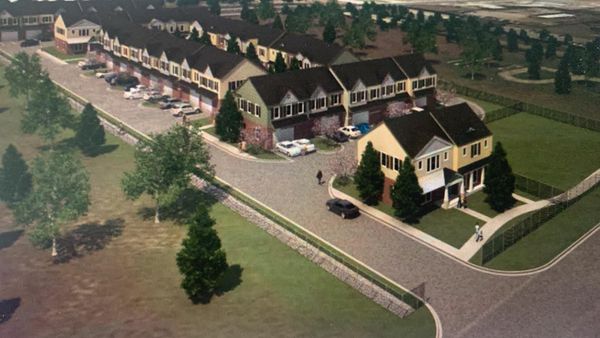






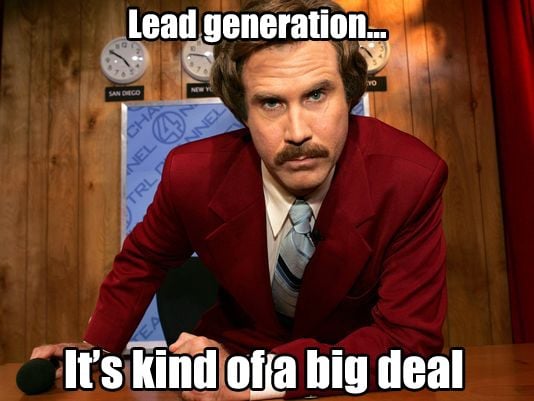















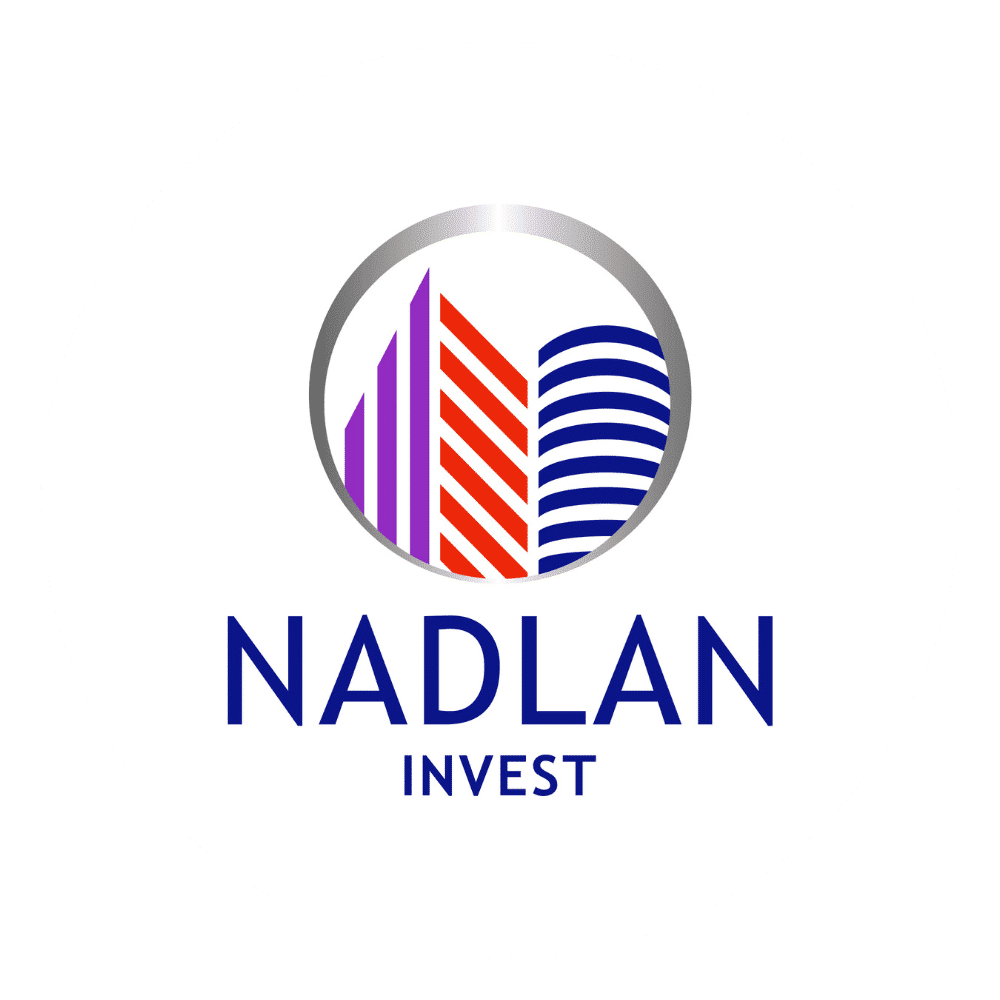


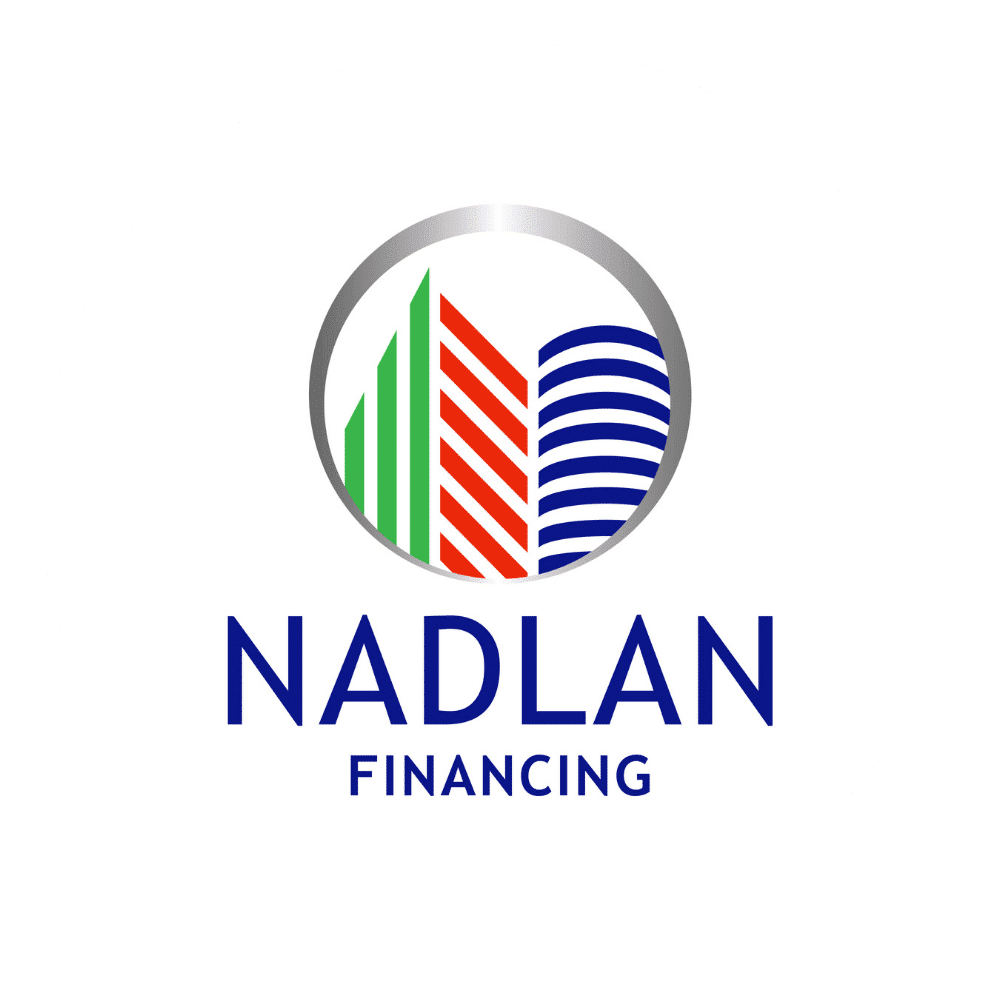


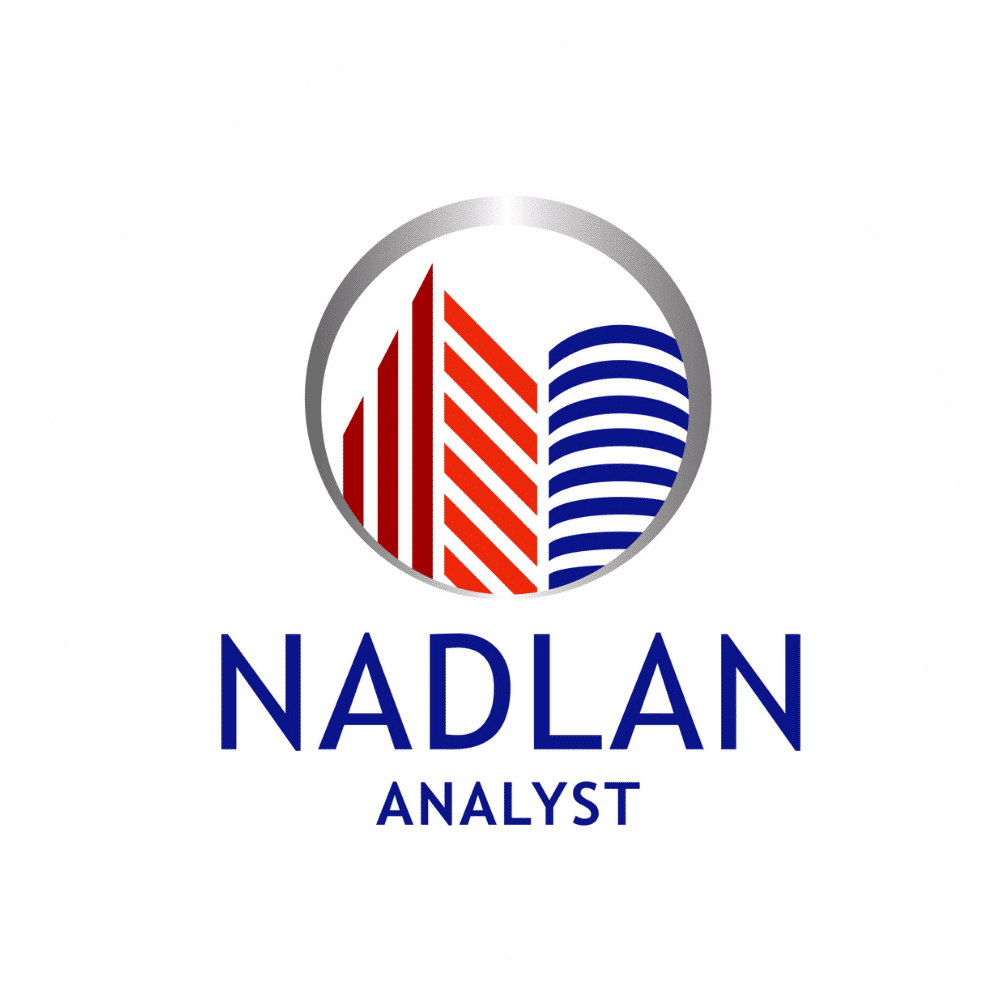

Responses